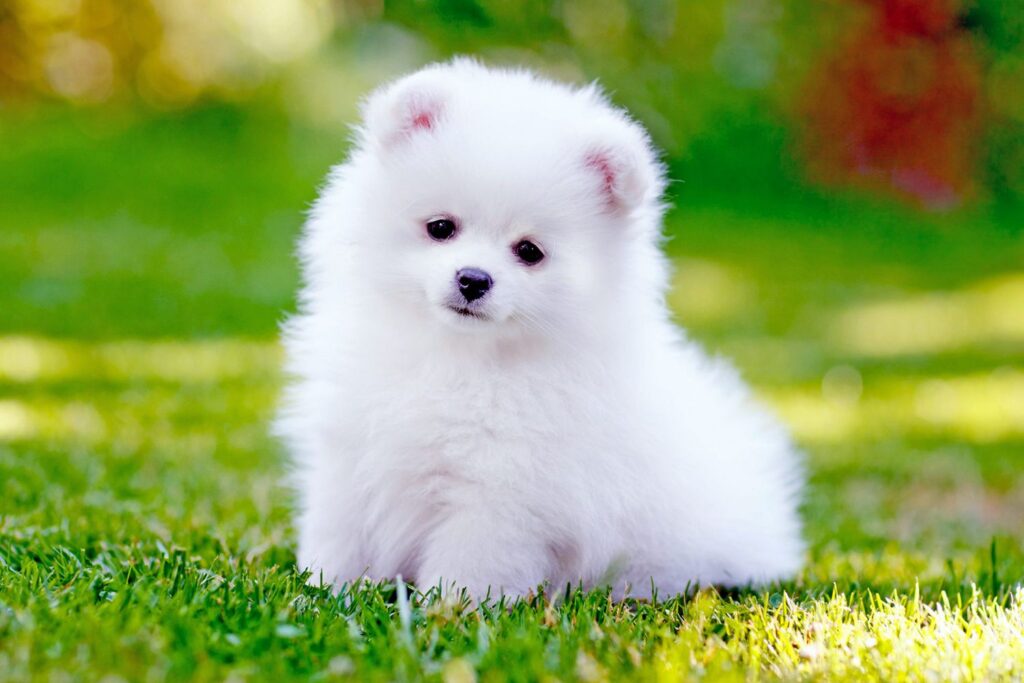
Pomeranian: A Complete Guide
History of the Breed
The Pomeranian, often affectionately referred to as the «Pom,» is a small toy breed with a fascinating history that traces back to the Pomerania region, which is now part of modern-day Poland and Germany. Despite their diminutive size today, Pomeranians were originally bred as larger working dogs used for herding sheep and pulling sleds. Over time, through selective breeding, they were miniaturized to the size we know today.
Their popularity soared during the 18th century when Queen Victoria of England took a particular interest in the breed, further reducing their size through breeding and establishing the smaller «toy» variety. This royal connection led to a surge in demand for Pomeranians, and they quickly became a fashionable companion among European aristocracy.
Physical Characteristics
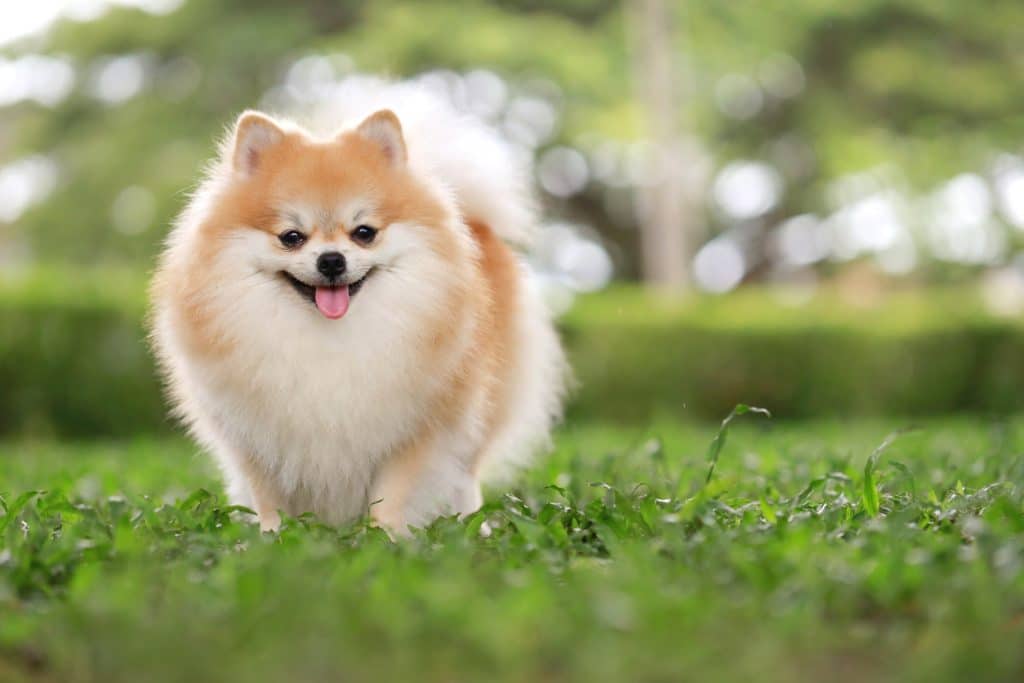
The Pomeranian is a compact and fluffy toy breed, known for its distinctive fox-like face, small ears, and luxurious double coat. They typically weigh between 3 to 7 pounds and stand around 6 to 7 inches tall at the shoulder. Despite their small size, Pomeranians have a sturdy and well-proportioned body with a plumed tail that curls over their back.
One of the most striking features of the Pomeranian is its thick double coat, which consists of a soft, dense undercoat and a longer, harsher outer coat that forms a mane around their neck and chest. Their coat comes in a wide variety of colors, including orange, red, cream, sable, black, blue, and parti-colors.
Health and Basic Care
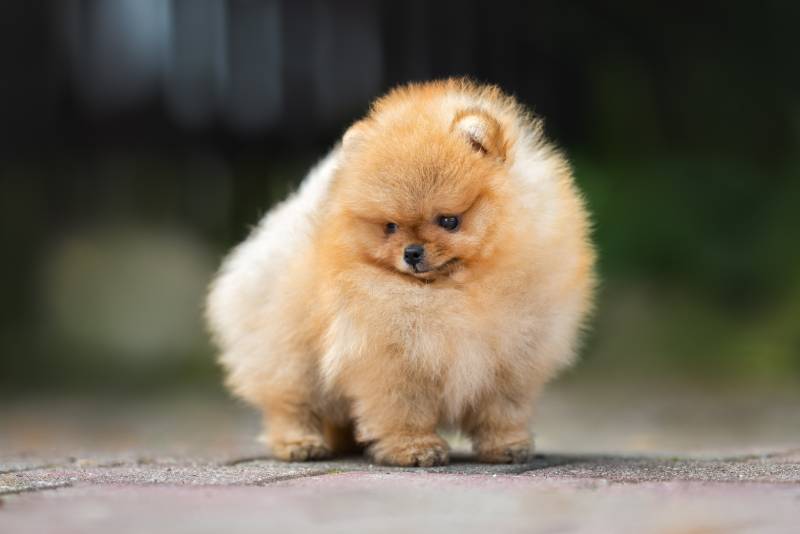
Overall, Pomeranians are a relatively healthy breed with a lifespan of 12 to 16 years. However, like all dog breeds, they may be prone to certain health issues, including dental problems, luxating patellas, tracheal collapse, and heart disease. Regular veterinary check-ups, a balanced diet, and dental care are essential for maintaining their health and well-being.
Their fluffy coat requires regular grooming to prevent matting and tangles, with daily brushing recommended to keep their coat healthy and free of debris. Additionally, their nails should be trimmed regularly to prevent overgrowth and discomfort, and their teeth should be brushed several times a week to prevent dental issues.
Temperament and Personality
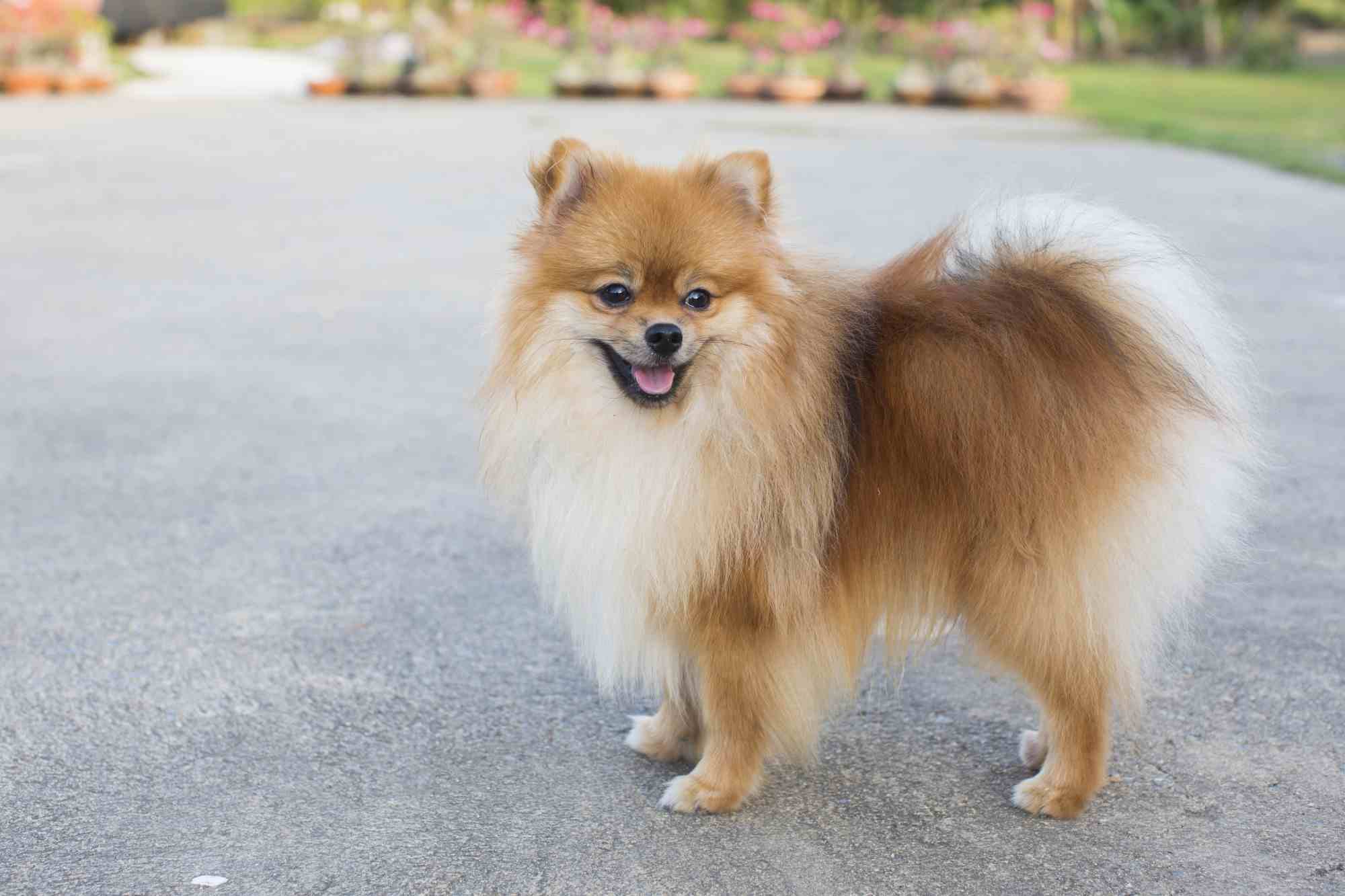
Pomeranians are known for their bold, extroverted, and confident personality. Despite their small size, they possess a larger-than-life attitude and are not afraid to assert themselves in any situation. They are intelligent, alert, and highly social dogs, often forming strong bonds with their families and enjoying being the center of attention.
While Pomeranians are generally friendly and affectionate, they may be wary of strangers and can be vocal in alerting their owners to any perceived threats. Early socialization is essential for Pomeranians to help them develop good manners and adaptability. Positive reinforcement techniques work well with this breed, as they respond positively to praise and rewards.
Training and Socialization
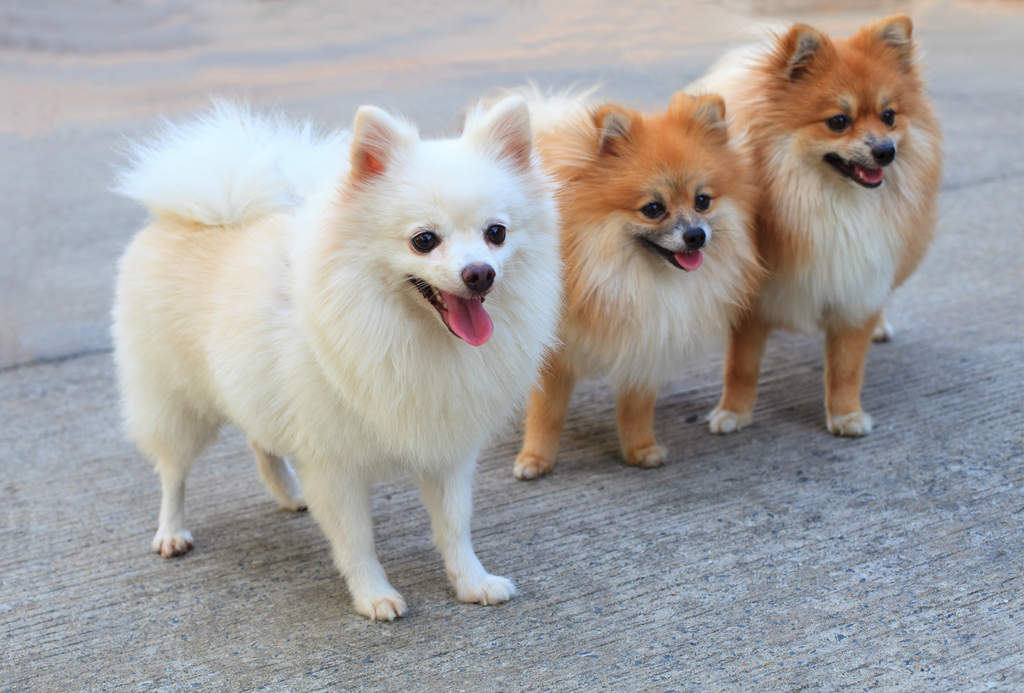
Training a Pomeranian requires patience, consistency, and positive reinforcement techniques. They are intelligent dogs but can be independent and strong-willed, so early socialization and obedience training are essential. Exposing them to different environments, people, and animals from a young age will help prevent fearfulness or aggression later in life.
Pomeranians enjoy mental stimulation and thrive on learning new tricks and tasks. Training sessions should be kept short and fun, with plenty of praise and rewards for good behavior. They excel in activities such as obedience, agility, and even therapy work, thanks to their outgoing and affectionate nature.
Nutrition
A well-balanced diet is crucial for maintaining the health and vitality of a Pomeranian. Choose a high-quality dog food formulated for small breeds, with a balance of protein, fat, carbohydrates, vitamins, and minerals. Avoid overfeeding and monitor their calorie intake to prevent obesity, as Pomeranians have a tendency to gain weight if not exercised adequately.
It’s essential to provide fresh water at all times to keep your Pomeranian hydrated, especially during periods of exercise or hot weather. Treats can be given in moderation as rewards during training sessions, but avoid feeding table scraps or high-calorie snacks that can contribute to weight gain and nutritional imbalances.
Suitable Environment
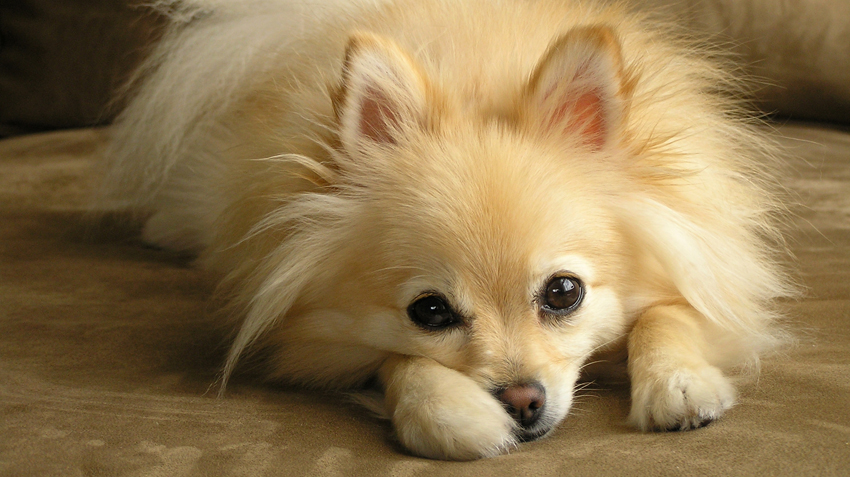
Pomeranians are adaptable dogs that can thrive in various living environments, including apartments, suburban homes, or rural settings. However, they require plenty of exercise and mental stimulation to prevent boredom and destructive behavior. Daily walks, play sessions, and opportunities for socialization with other dogs are essential for meeting their exercise needs.
While they enjoy spending time indoors with their families, Pomeranians also benefit from access to outdoor space where they can run and explore. Secure fencing is essential, as they may have a tendency to wander if left unsupervised. Additionally, they should be provided with mental enrichment activities, such as puzzle toys and interactive games, to keep their minds stimulated.
Frequently Asked Questions
Do Pomeranians shed a lot?
Yes, Pomeranians have a dense double coat that sheds moderately year-round, with heavier shedding during seasonal changes. Regular grooming, including daily brushing, can help minimize shedding and keep their coat healthy and shiny.
Are Pomeranians good with children?
Pomeranians can be excellent family pets when raised with children and properly socialized from a young age. However, due to their small size, they may be more prone to injury from rough handling, so supervision is essential during interactions with young children.
Do Pomeranians bark a lot?
Pomeranians are known for their alert and vocal nature, and they may bark to alert their owners to the presence of strangers or unusual sounds. Early training and socialization can help minimize excessive barking behavior and teach them appropriate times to vocalize.
